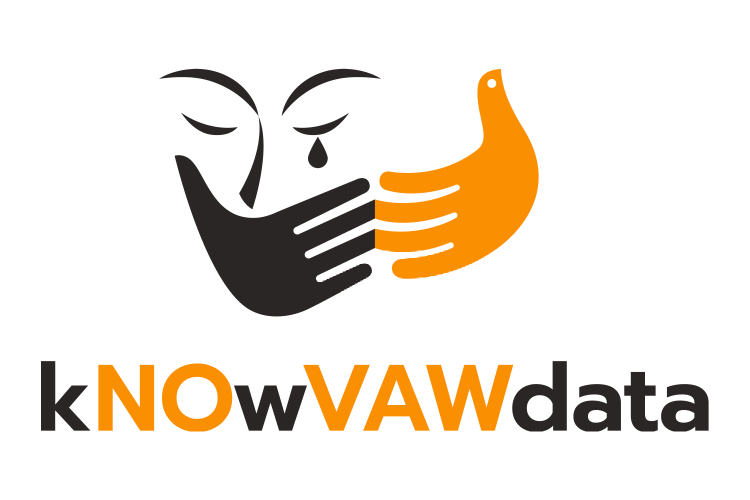Knowledge Hub

The Knowledge Hub provides links to resources supporting the measurement of violence against women and has been funded under the Pacific Spotlight Initiative. While starting with a primary focus on Pacific resources and global resources which are applicable for the Pacific region, the Knowledge Hub will continue under the UNFPA kNOwVAWdata initiative to support global knowledge exchange and a strong community of practice. The strength of this Knowledge Hub is the opportunity to share resources and support all regions of the globe.
If you would like to share links to be added to the Knowledge Hub, please send them to knowvaw-program@unimelb.edu.au.
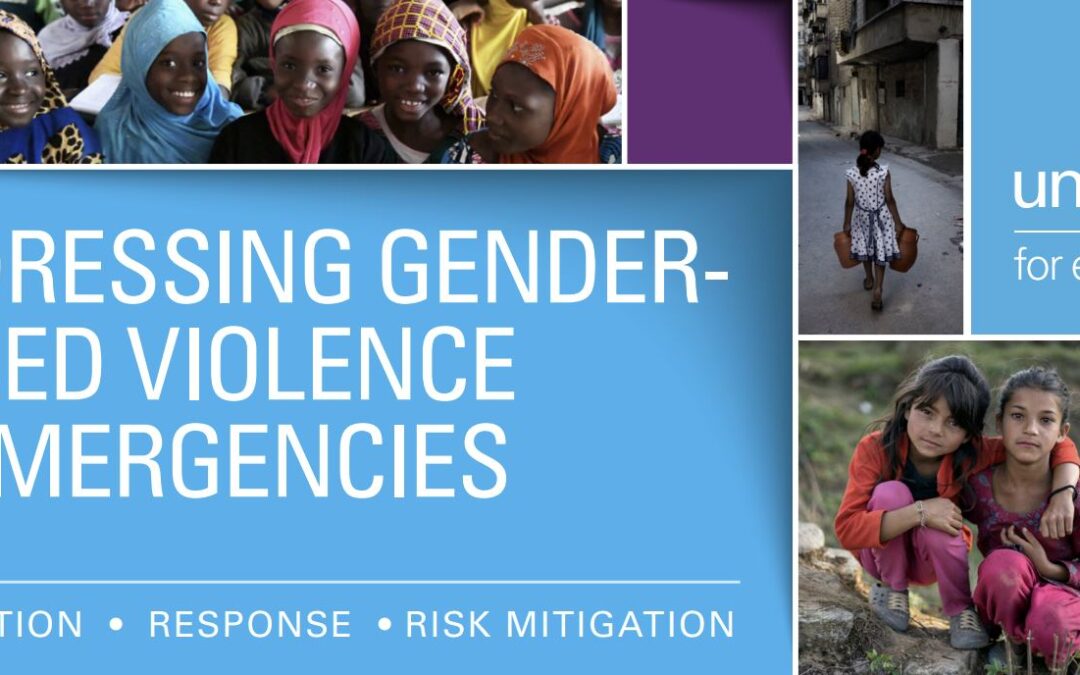
Addressing Gender-Based Violence in Emergencies
This brief provides a summary of why gender-based violence in emergencies matters, alongside UNICEF's commitment and approach.
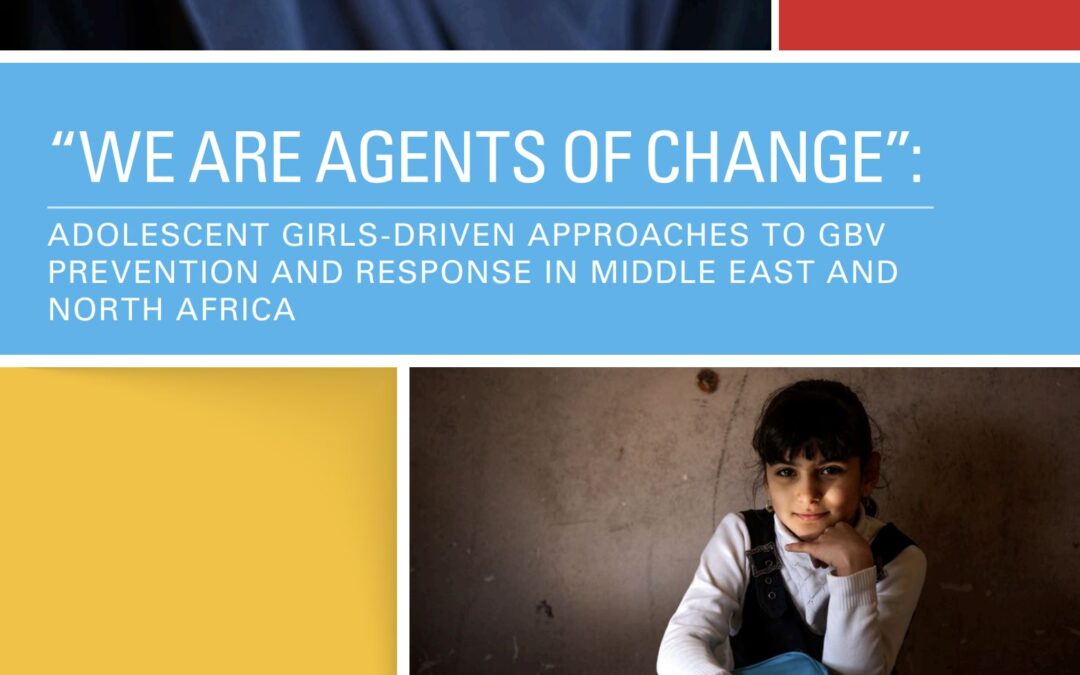
We are Agents of Change: Adolescent Girls Approaches to Gender-Based Violence Prevention and Response in Middle East and North Africa
This brief outlines adolescent girl-led approaches to GBV prevention and response in Middle East and North Africa including: access to gender-sensitive health information, peer-to-peer awareness in Syria, cross sectoral approaches to child marriage in Yemen and supporting adolescent girls empowerment and agency in Iraq.

Understanding and measuring technology-facilitated violence against women for better prevention and response
The rapidly growing access to and use of Information and Communication Technologies (ICT), accelerated by the COVID-19 pandemic, has resulted in a rise in technology-facilitated violence against women (TF VAW). Yet, accurate, reliable and comparable data on the extent of TF VAW are lacking to effectively inform and monitor targeted policies and programmes.

Global Database on Violence against Women
The global database is a unique “one-stop site” for information on the following types of measures undertaken by Governments to address violence against women: Institutional mechanisms; Research and statistical data; Laws; Policies; Budgets; Services; Prevention; Perpetrators programmes; Regional/International initiatives; Monitoring and evaluation
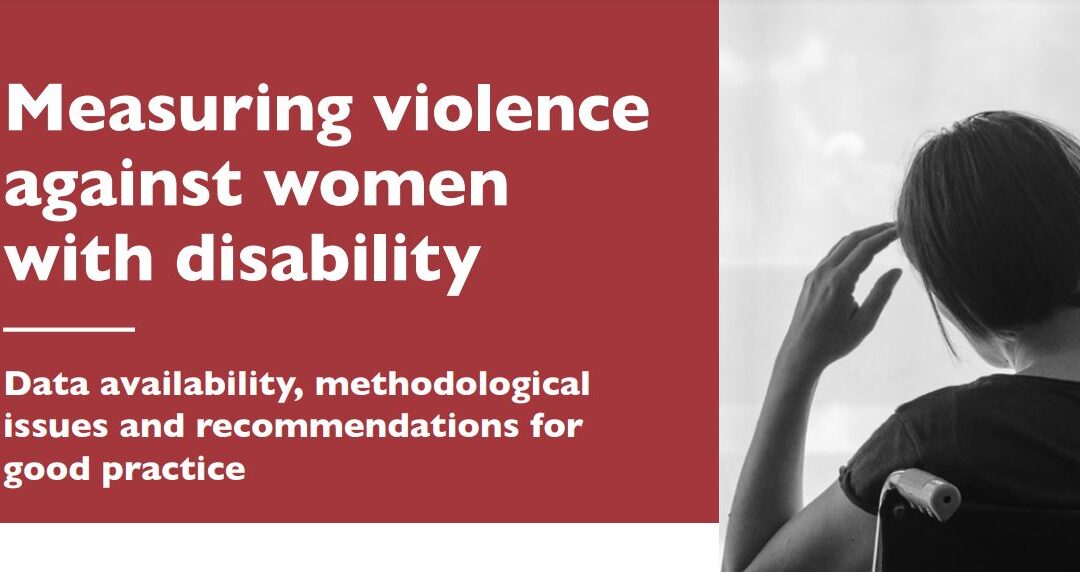
Measuring violence against women with disability: Data availability, methodological issues and recommendations for good practice
This briefing note, which focuses on the measurement of violence against women with disability, is one in a series of methodological briefing notes for strengthening the measurement and data collection of violence against particular groups of women or specific aspects of violence against women.
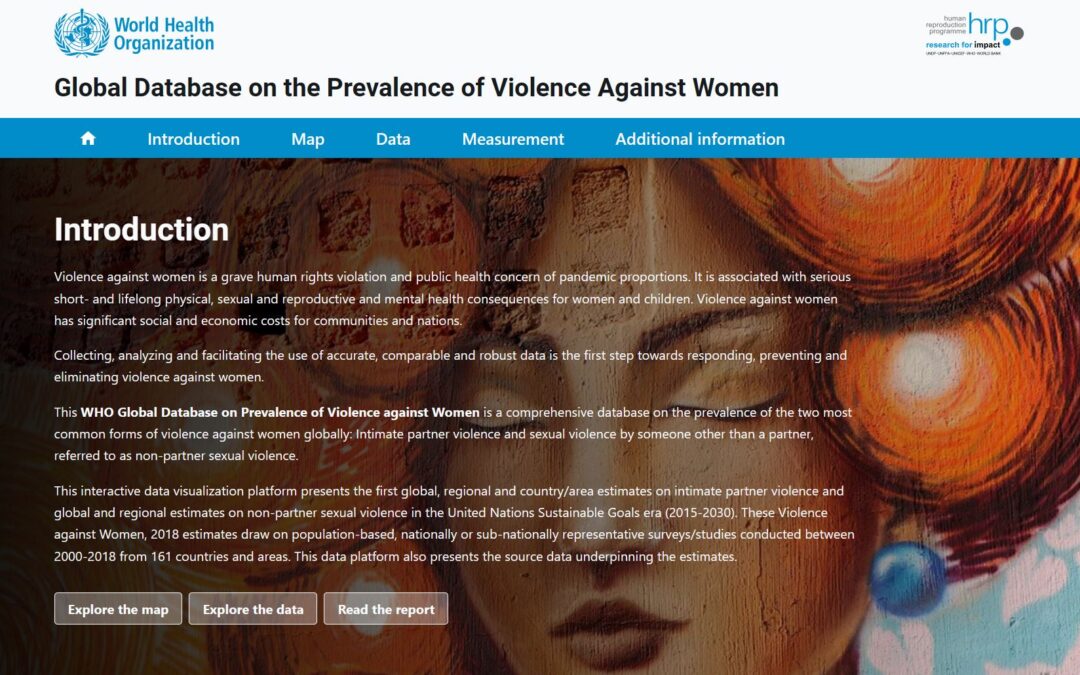
Global Database on the Prevalence of Violence Against Women
This WHO Global Database on Prevalence of Violence against Women is a comprehensive database on the prevalence of the two most common forms of violence against women globally: Intimate partner violence and sexual violence by someone other than a partner, referred to as non-partner sexual violence. This interactive data visualization platform presents the first global, regional and country/area estimates on intimate partner violence and global and regional estimates on non-partner sexual...
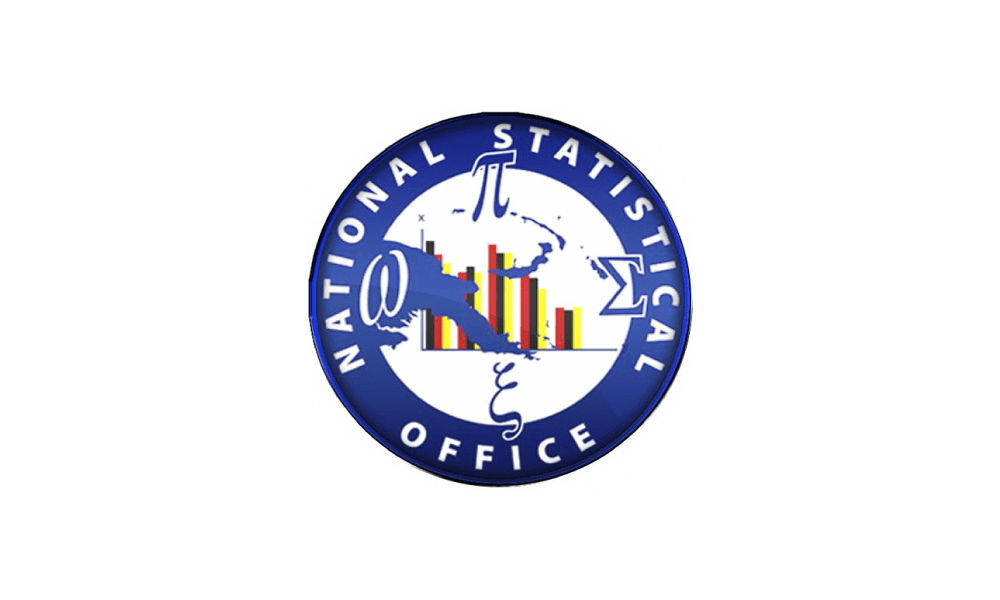
The 2016-18 Papua New Guinea Demographic and Health Survey
The 2016-18 PNG DHS included a module of questions on domestic violence that was administered in the subsample of households selected for the men’s survey. In accordance with the World Health Organization (WHO) guidelines on ethical collection of information on domestic violence, only one eligible woman per household was randomly selected for the module, and the module was not implemented if privacy could not be obtained (WHO 2001). In total, 4,873 women completed the module. One percent of...
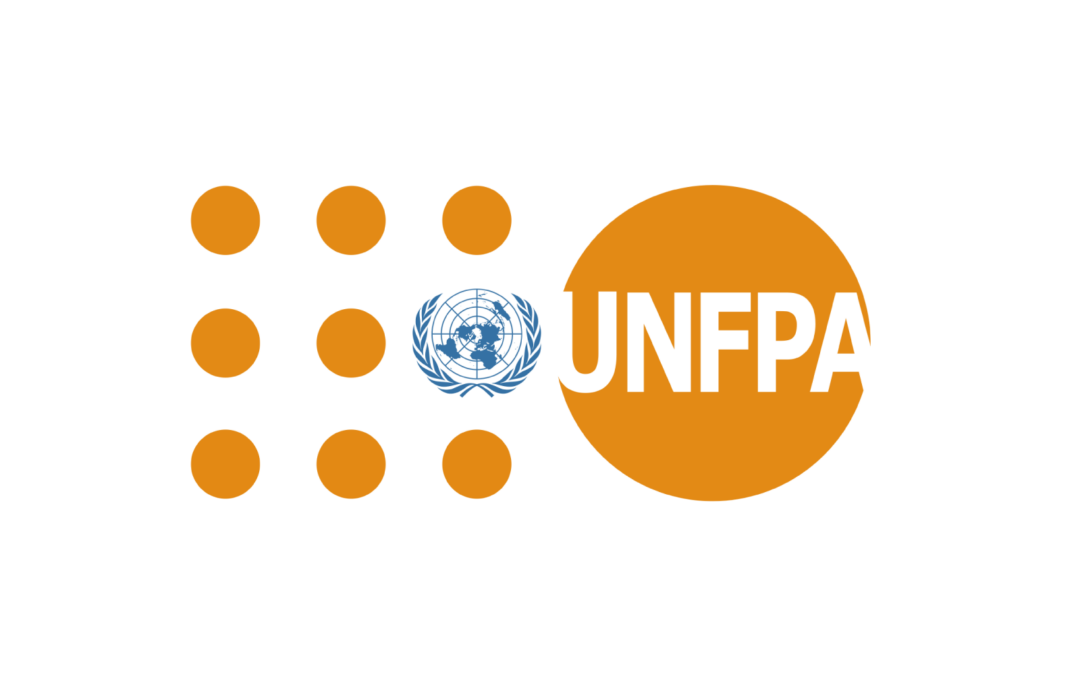
UNFPA Asia Pacific kNOwVAWdata dashboard
Data visualizations and reports from the latest national violence against women prevalence surveys in the Asia-Pacific region; Resources on violence against women data measurement, analysis and uptake; kNOwVAWdata updates; Real-life stories of the brave and compassionate individuals involved in measuring vitally important, nationally representative data on violence against women.

Population Data Portal – Towards Zero gender-based violence and harmful practices
UNFPA’s ultimate data source and tracker for population and development data. It combines the newest population data on topics like sexual and reproductive health and reproductive rights, family planning, maternal health, or gender based violence gathered from a multiple sources.
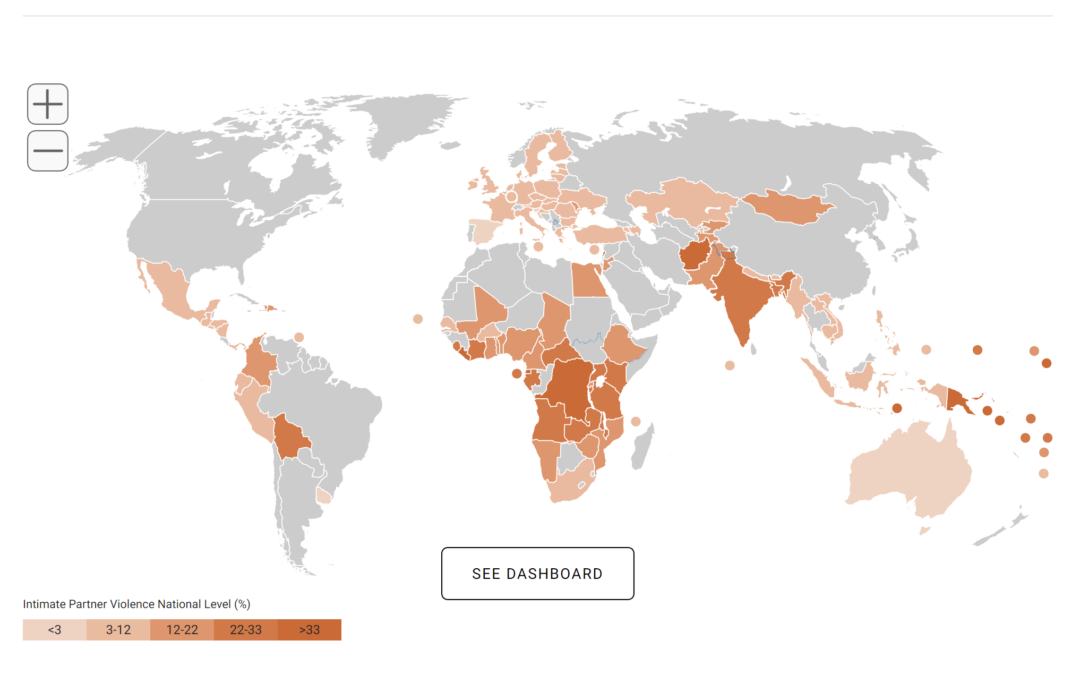
Geospatial Dashboard
UNFPA's first geospatial dashboard on IPV features national data for 119 countries, sub-national data, and disaggregated data on IPV by age, place of residence, employment, education, and household wealth.
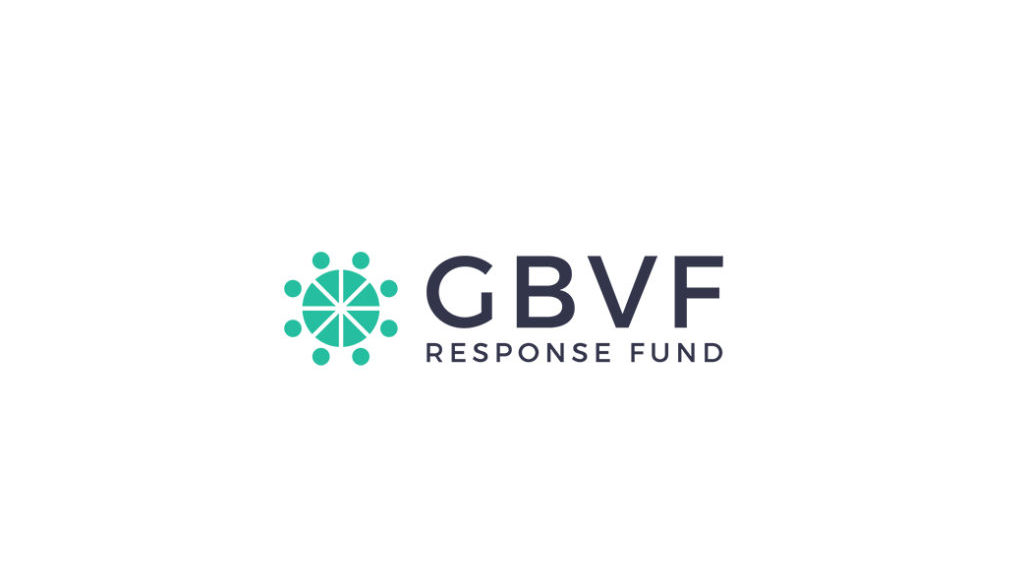
GBVF Statistics Dashboard
This dashboard is a comprehensive visualisation and monitoring tool of available data related to gender-based violence and femicide in South Africa. Data Sources include Victims of Crime (VOC) survey data, the South African Police Service (SAPS), and the National Prosecuting Authority (NPA).
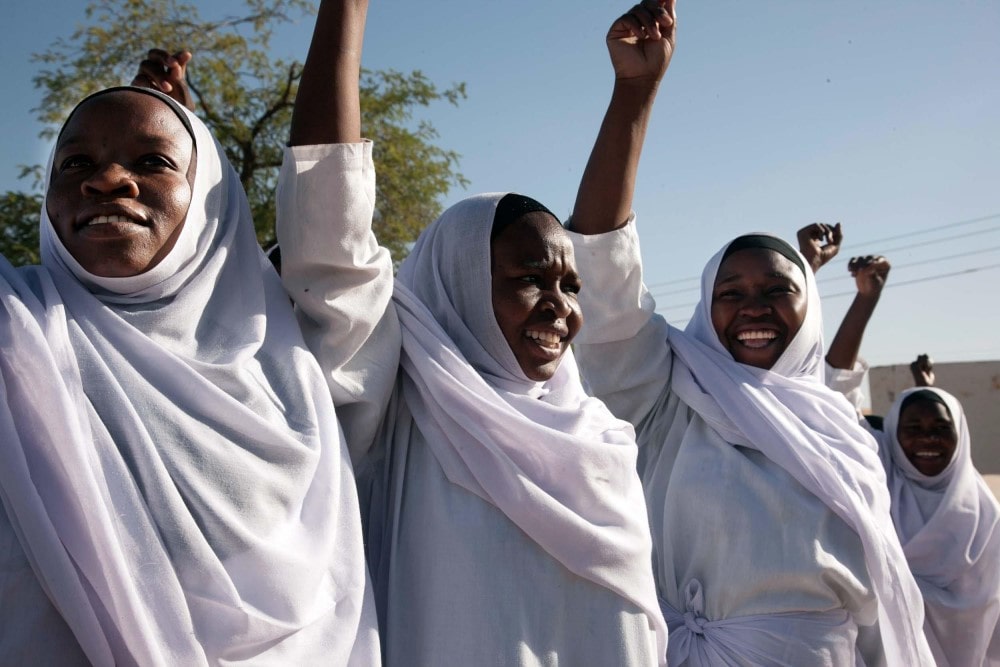
A focus on violence
The shadow pandemic: Violence against women and girls and COVID-19. Data on violence against women during the COVID-19 pandemic
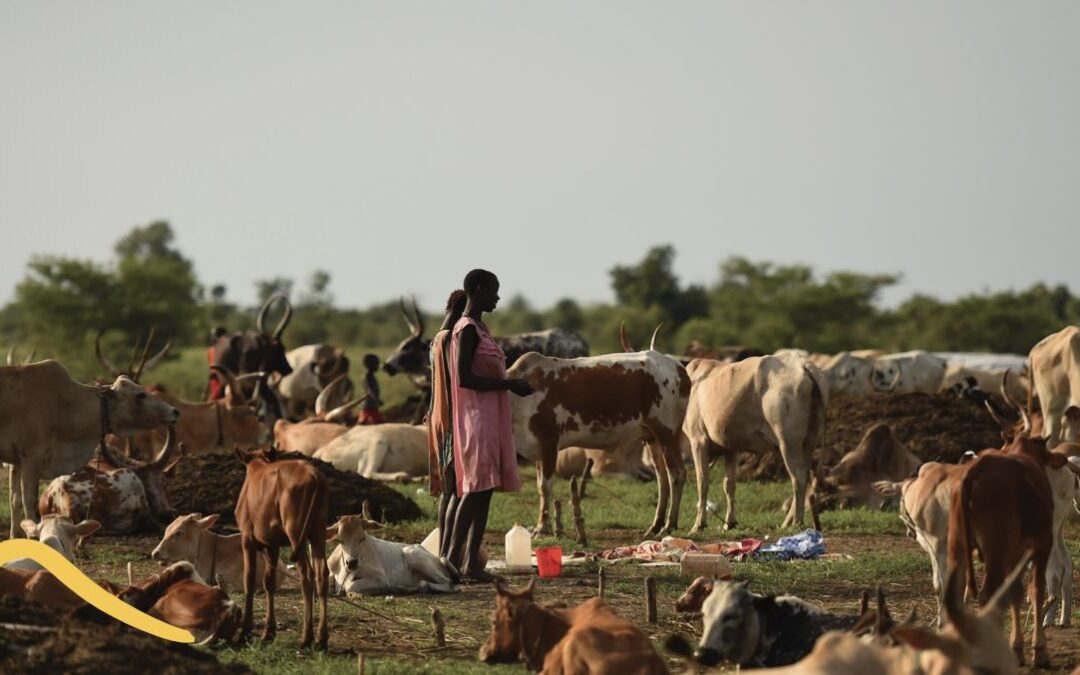
No Safe Place: A Lifetime of Violence for Conflict Affected Women and Girls in South Sudan (Policy Brief)
This brief highlights research aimed at filling substantial gaps in understanding of violence against women and girls (VAWG) in humanitarian settings, including whether or not there is a correlation between increased national conflict and VAWG.
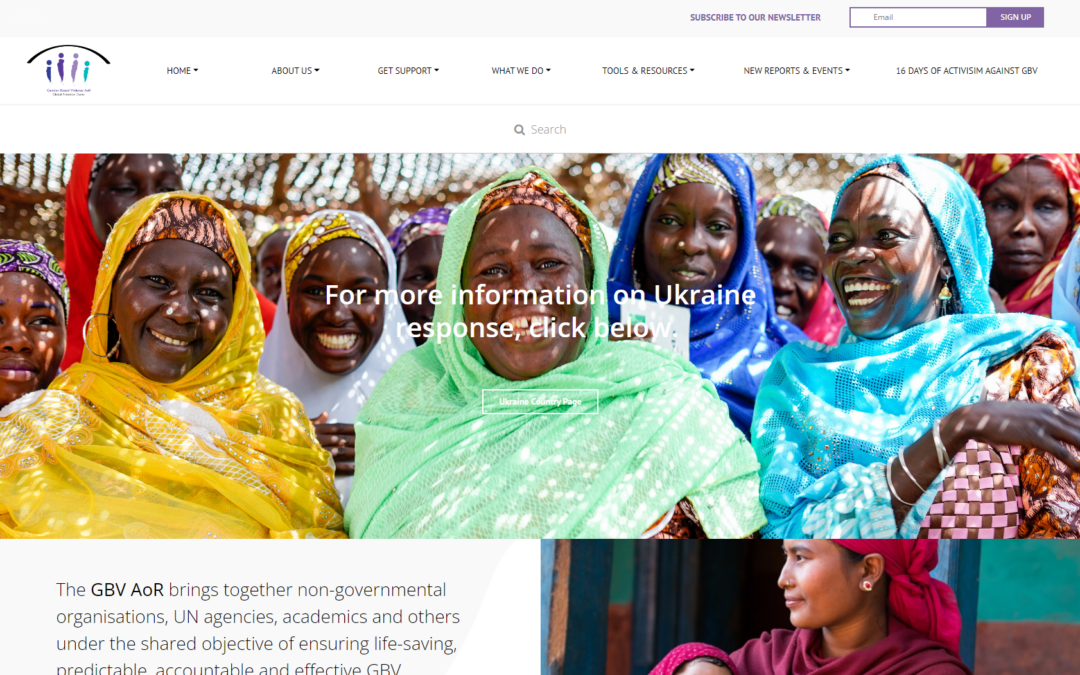
Gender Based Violence Areas of Responsibility
A website that contains resources about how to support to recognise and reinforce primary prevention efforts in areas of crisis.
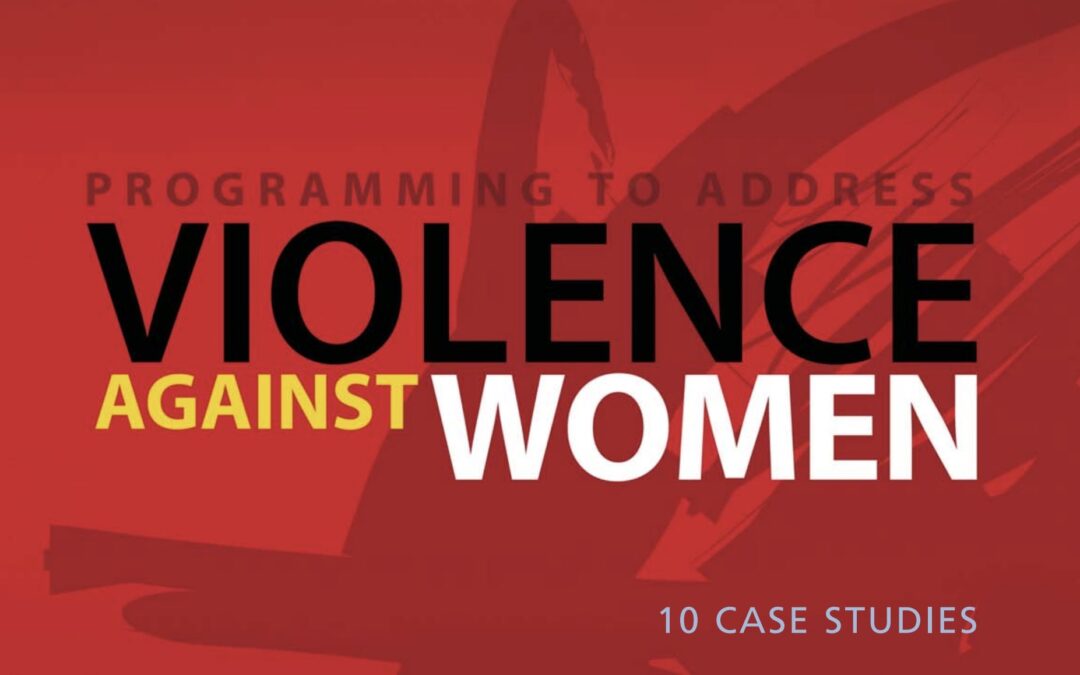
Programming to Address Violence Against Women
10 Case Studies presented in the form of lessons that were leant through projects conducted in 10 countries that set up projects to change attitudes and practices.
